Muscle Disease In Horses
Muscle disease in horses. Degeneration of muscle is sometimes associated with a deficiency of selenium or vitamin E. The reservoir of the disease in birds reptiles and rodents the mosquito acts as vectors. The most common clinical presentation is muscle pain stiffness and reluctance to move due to rhabdomyolysis.
The research team hopes to identify which specific genetic mutations predispose a horse to muscle disease as well as advance therapy options. Horses with IMM experience rapid widespread atrophy wasting of the gluteal and epaxial muscles the latter run along either side of the spine. The condition may cause rapid unexpected death in adult horses.
One person hoping to change that is Stephanie Valberg DVM PhD. Equine Encephalomyelitis is the mosquito-borne infectious viral disease that affects the brain of the horses. The disease transmitted by the bite of infected animals by a mosquito and then the subsequent bite to.
Horses with muscle disease often exhibit muscle pain stiffness and a reluctance to move. The recognition of multiple genetic muscle diseases in horses may be in part because even. Skeletal and joint disorders are the most common.
Intense selection for muscle phenotypes may also underlie the surprisingly large number of heritable muscle diseases in horses including HYPP PSSM1 and PSSM2 RER MH IMM MFM dystrophic and non-dystrophic myotonia and mitochondrial myopathy 461318. White muscle disease is a myodegenerative disease that can affect the cardiac and skeletal muscles of primarily foals and on occasion adult horses. Three Types of Muscle Diseases.
Joint disease including arthritis and tendon injuries are particularly common and costly in performance horses. The surprisingly large number of known heritable muscle diseases in horses currently include but are not limited to polysaccharide storage myopathy type 1 PSSM1 hyperkalemic periodic paralysis HYPP malignant hyperthermia MH immune-mediated myositis IMM PSSM type 2 PSSM2 myofibrillar myopathy MFM and recurrent exertional rhabdomyolysis RER. As a result many horses with chronic muscle disease go through life without accurate diagnosis or treatment.
PSSM PSSM is a Dominant Gene. IMM is an important yet relatively rare cause of muscle atrophy in Quarter Horses.
Horses with muscle disease often exhibit muscle pain stiffness and a reluctance to move.
The most common clinical presentation is muscle pain stiffness and reluctance to move due to rhabdomyolysis. Some Thoroughbreds also tie up frequently and these horses show evidence of muscle damage centrally located nuclei without abnormal glycogen storage. Horses that tie-up are reluctant to move due to muscle stiffness muscle cramping and muscle pain myalgia. PSSM- Polysaccharide Storage Myopathy. Muscle disorders in horses present with a variety of clinical signs ranging from muscle stiffness and pain to muscle atrophy weakness exercise intolerance and muscle fasciculations. The research team hopes to identify which specific genetic mutations predispose a horse to muscle disease as well as advance therapy options. These horses are presumed to have RER - a defect in calcium metabolism. The disease presents with malaise muscle weakness and atrophy explained Laura Petroski BVMS a veterinarian for Kentucky Equine Research. Three Types of Muscle Diseases.
All three muscle diseases share many of the same clinical signs and is hard for an owner to distinguish what disease the horse may have. The most common clinical presentation is muscle pain stiffness and reluctance to move due to rhabdomyolysis. Some Thoroughbreds also tie up frequently and these horses show evidence of muscle damage centrally located nuclei without abnormal glycogen storage. These horses are presumed to have RER - a defect in calcium metabolism. Skeletal and joint disorders are the most common. The disease transmitted by the bite of infected animals by a mosquito and then the subsequent bite to. Horses with the condition often have a wide range of clinical signs depending on the stage of the disease from loss of energy to muscle wasting and the condition is more common in older horses.
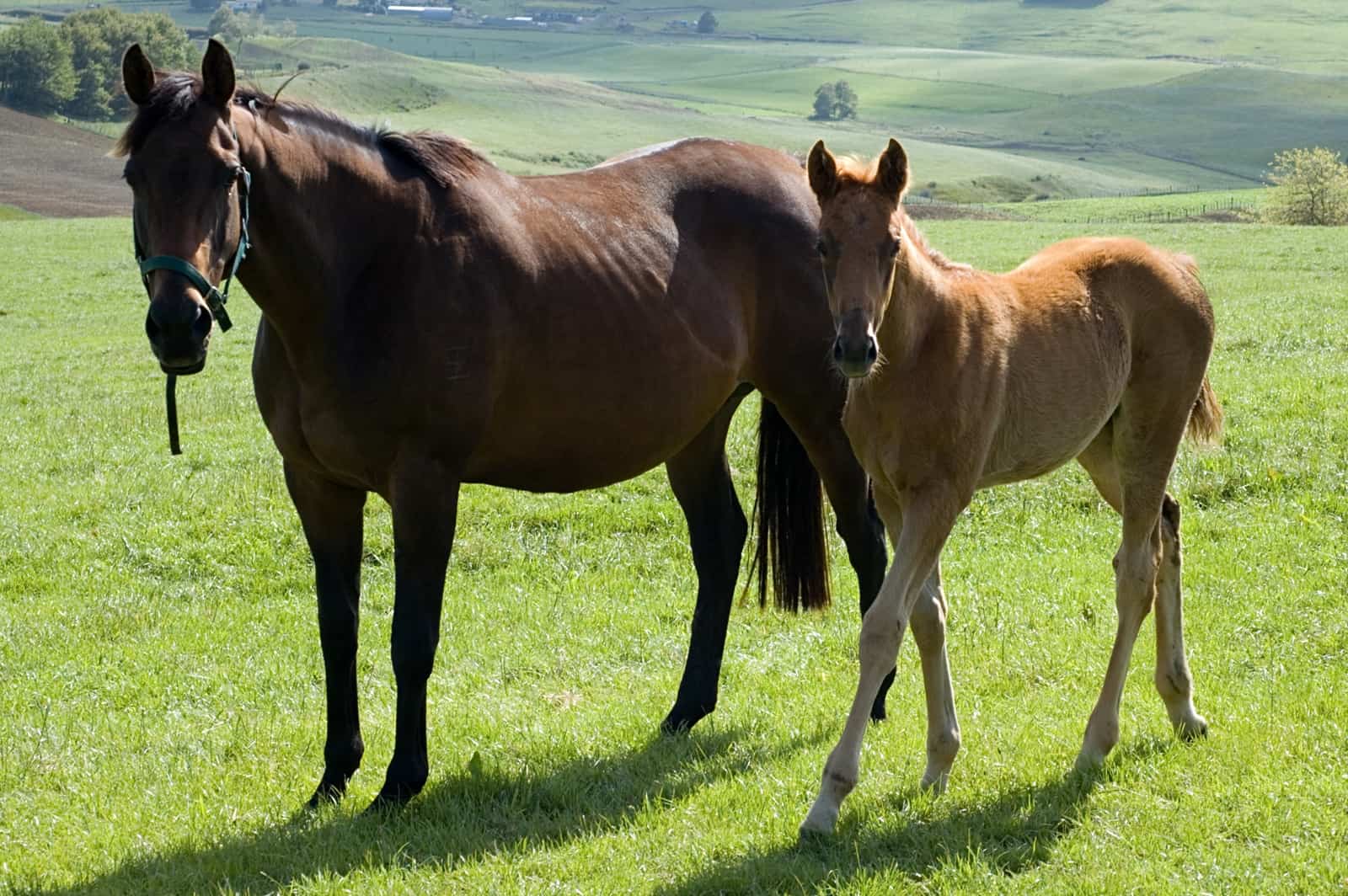


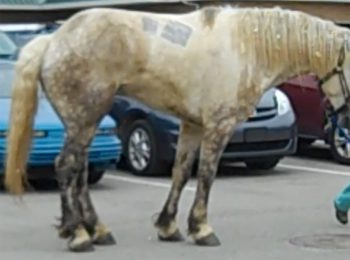

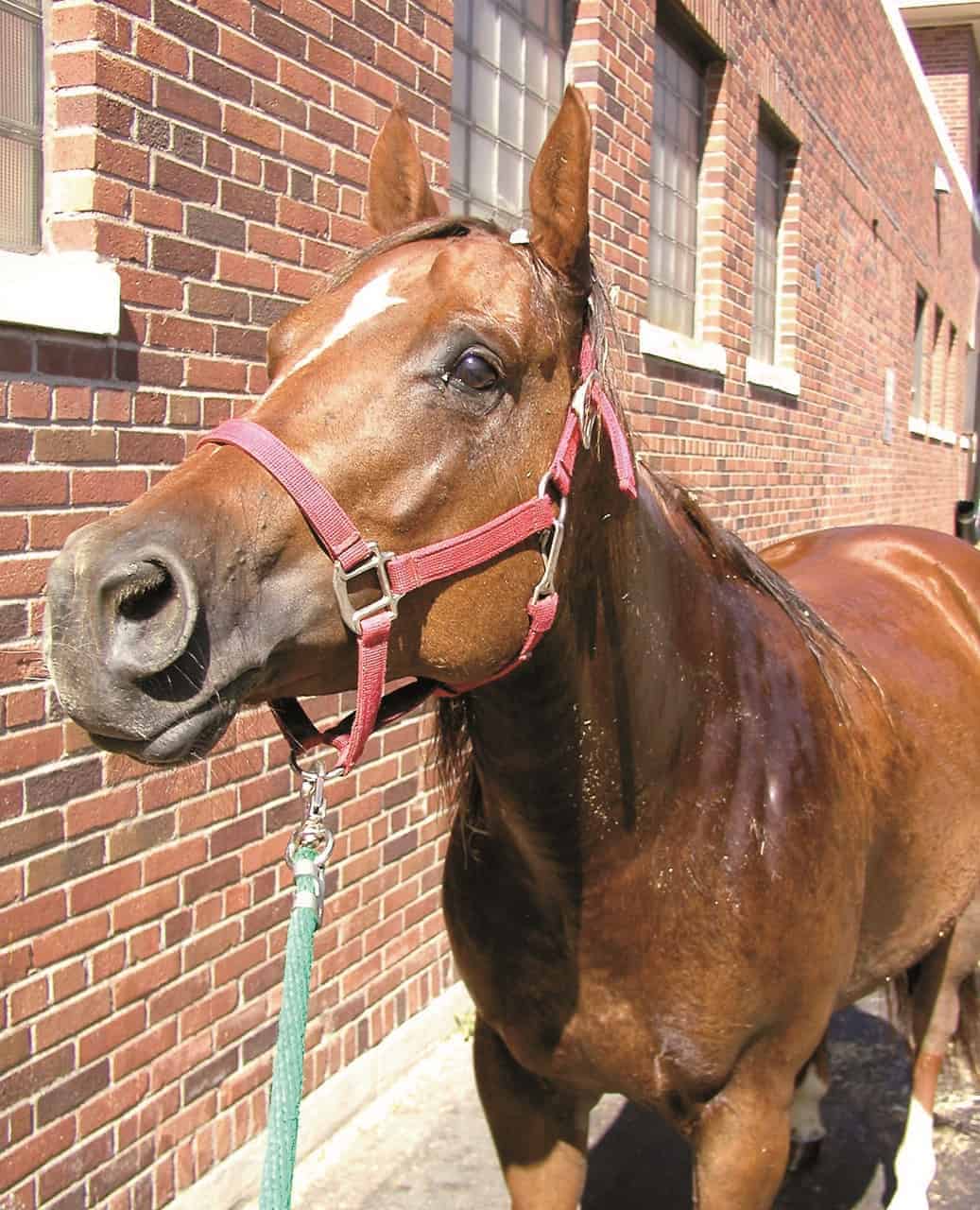




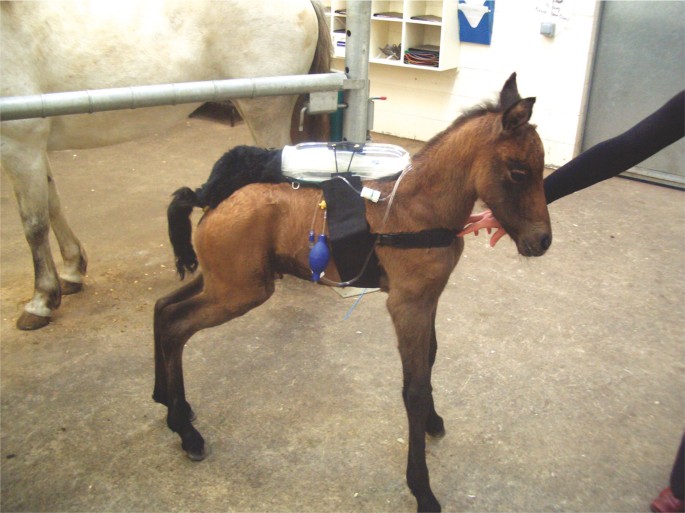











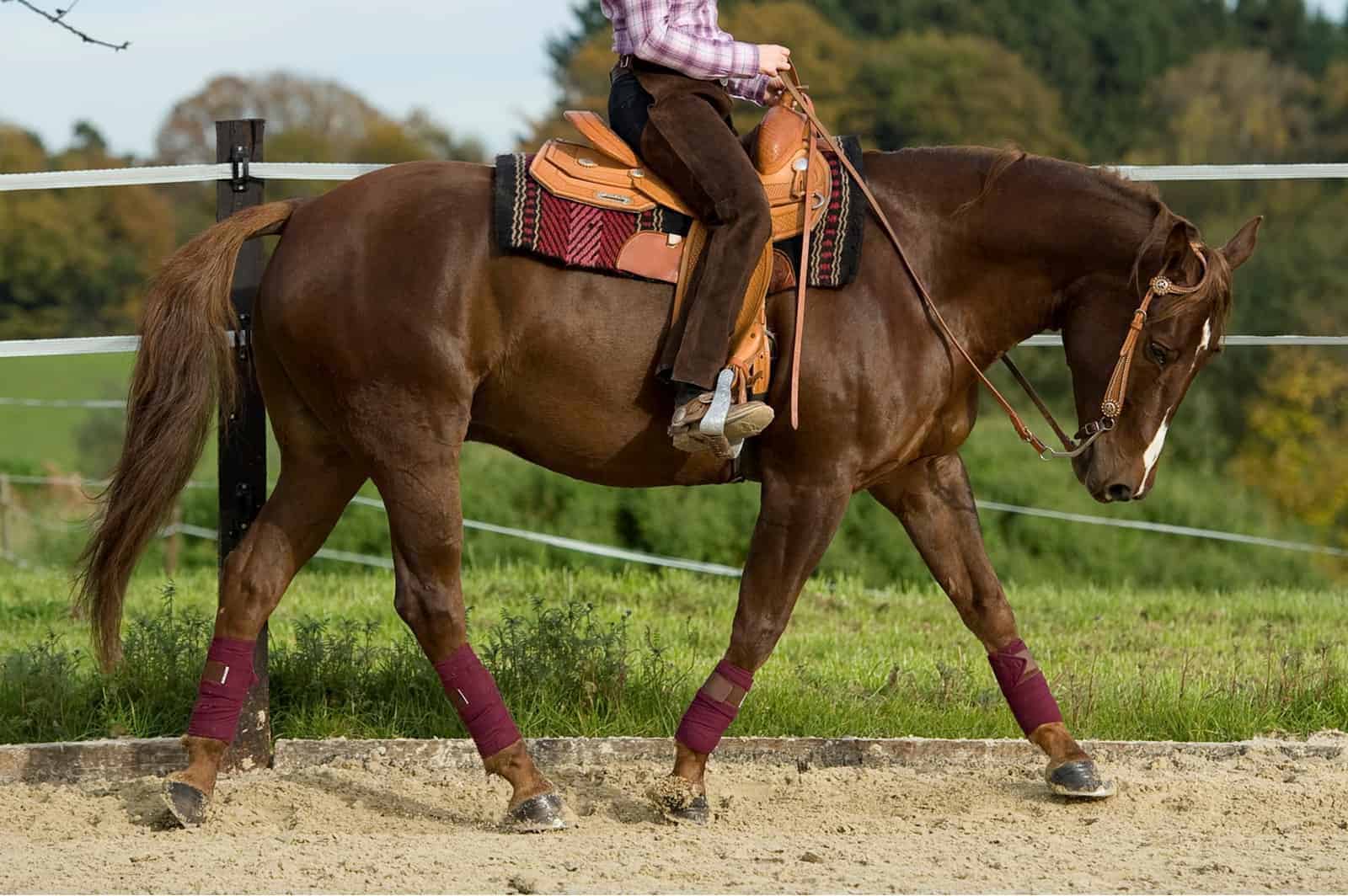
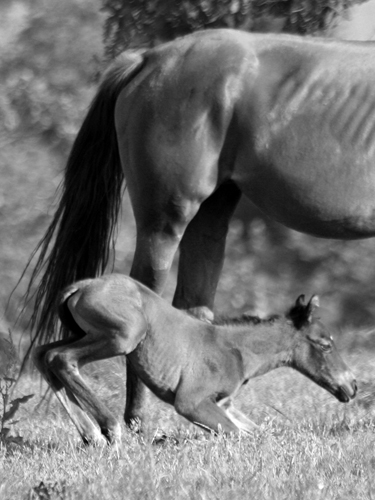



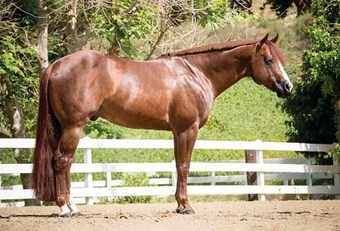






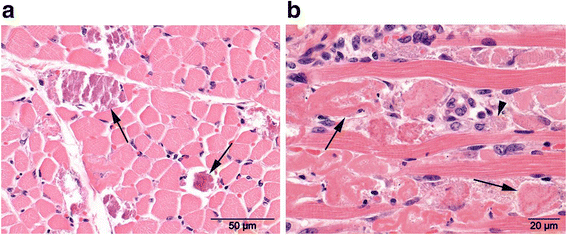
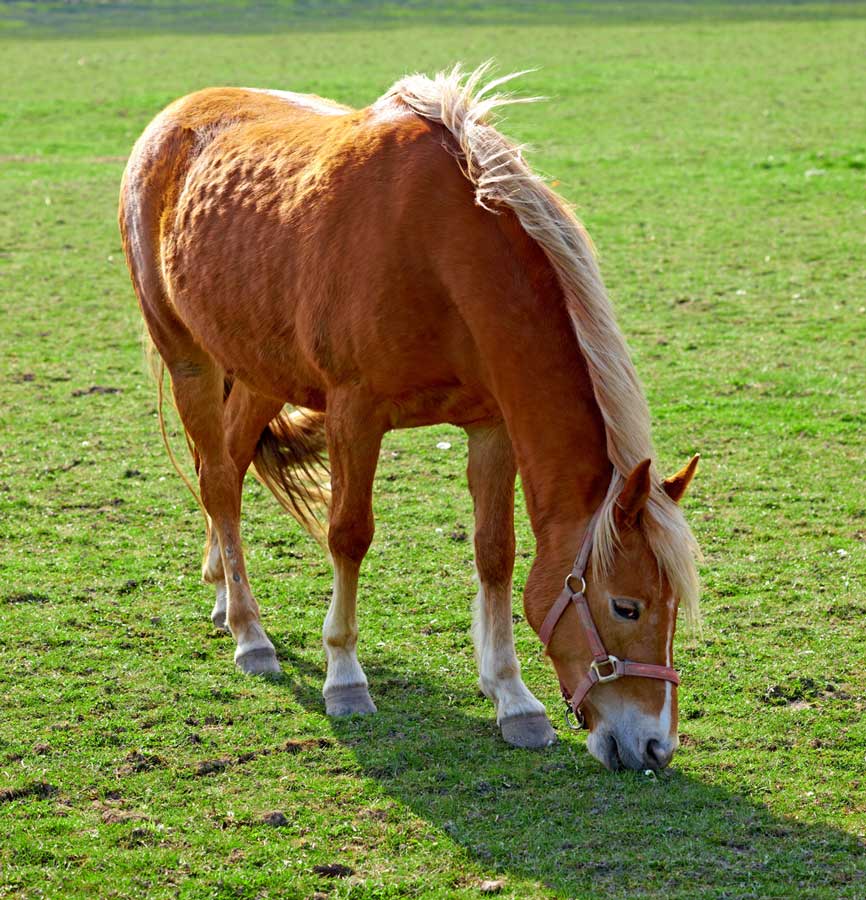




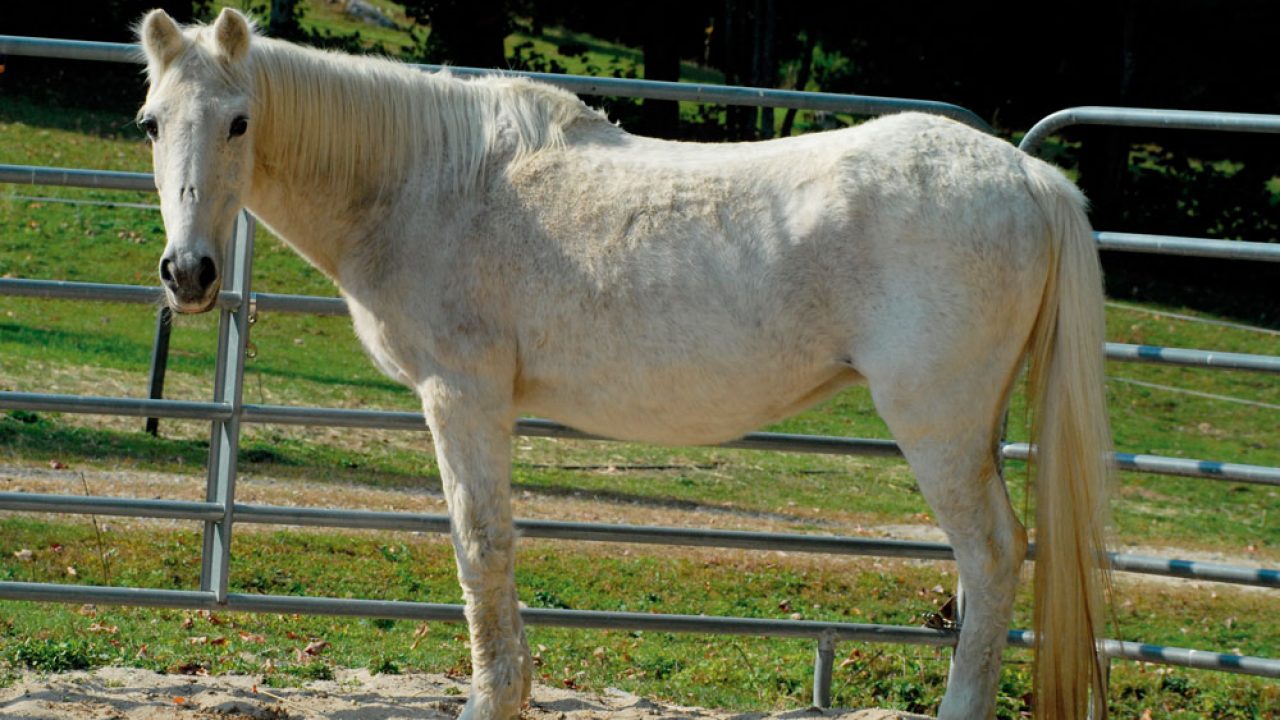
Post a Comment for "Muscle Disease In Horses"